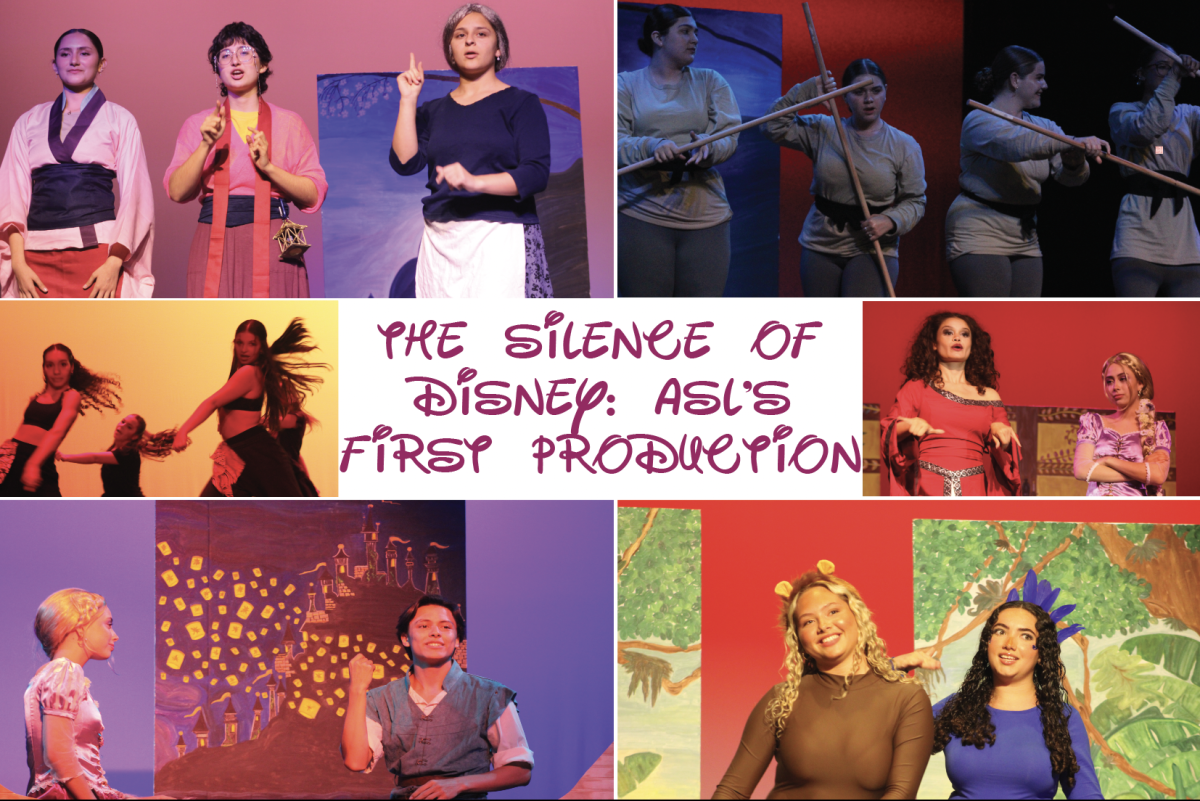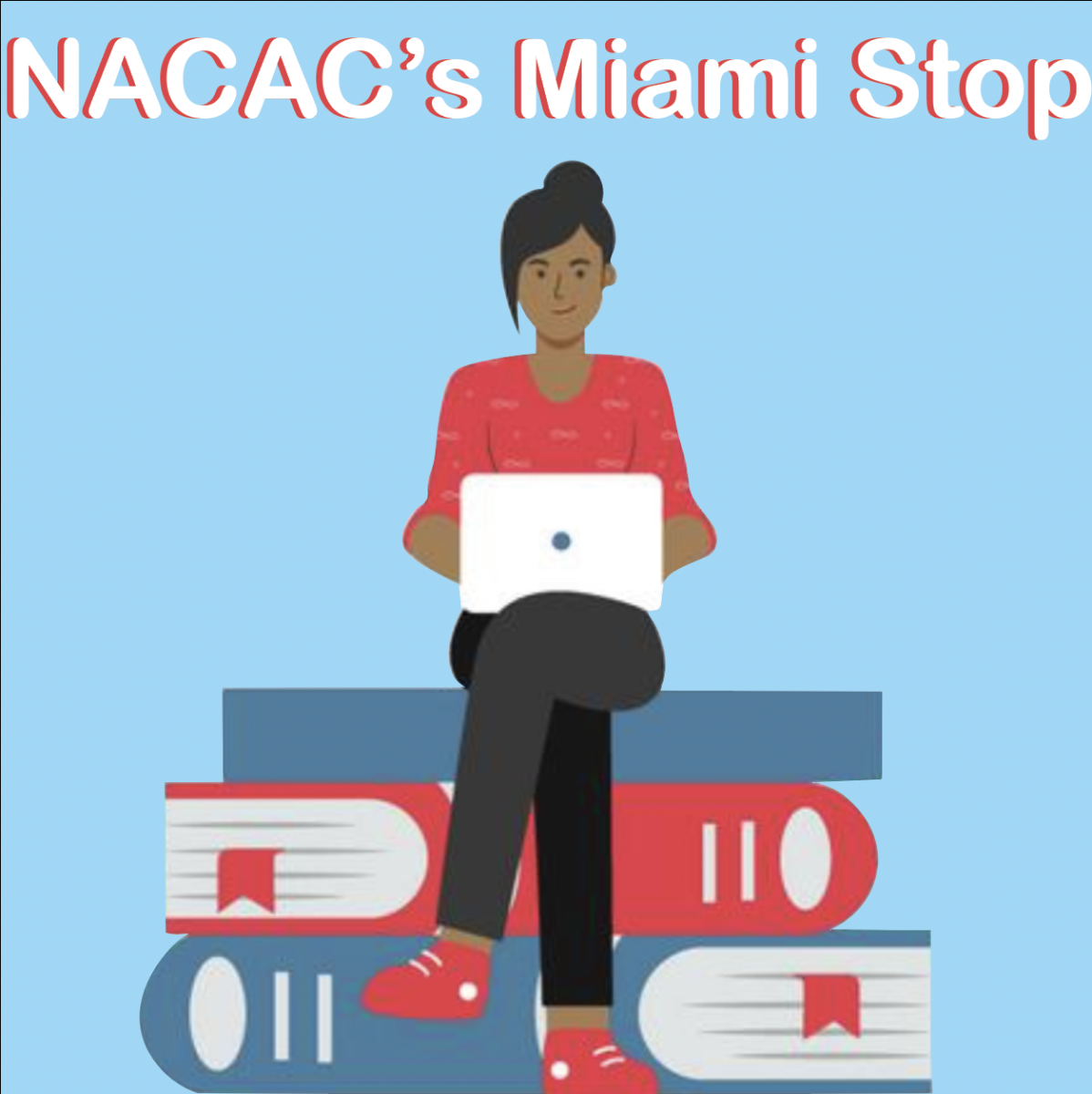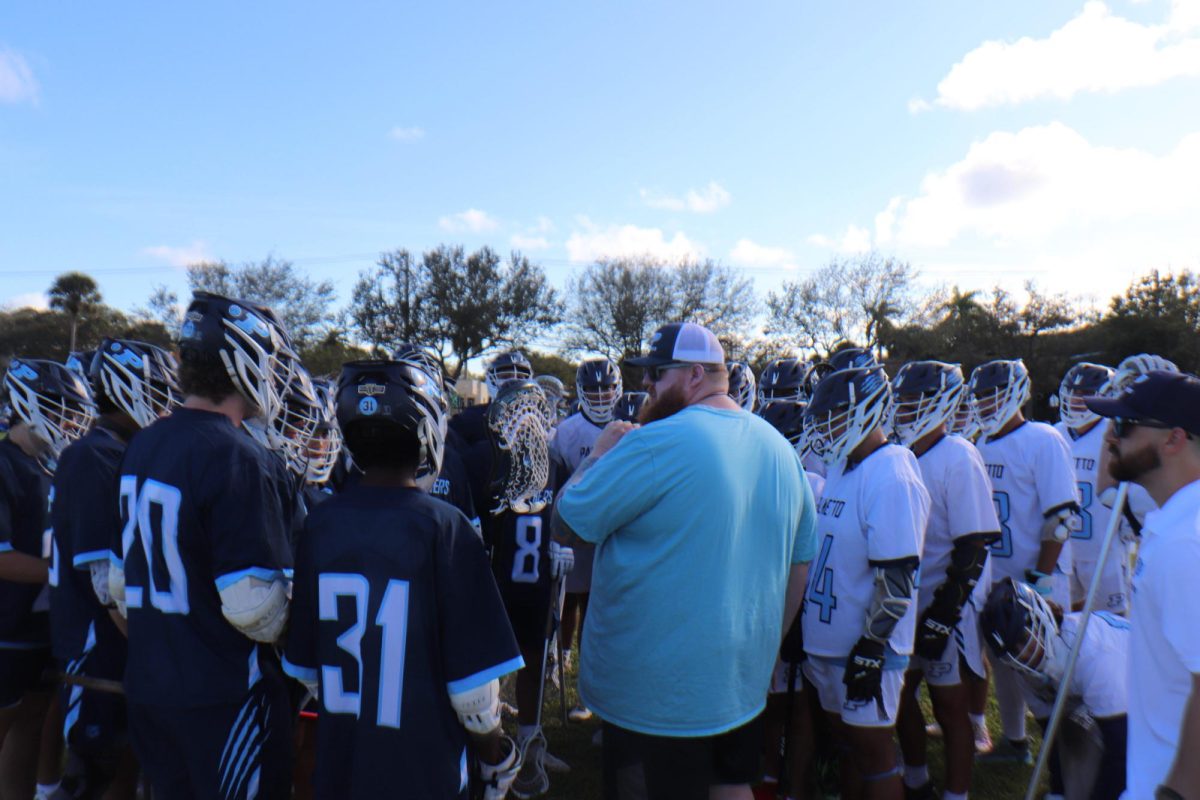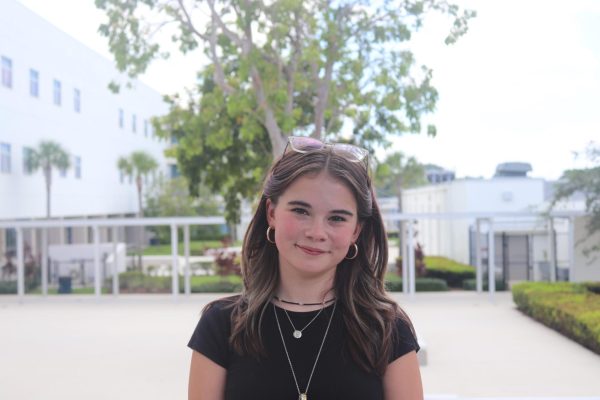When one typically thinks of the definition of “production,” singing, acting and dancing might come to mind. This was a slightly different scenario for the Miami Palmetto Senior High’s American Sign Language Department’s production of “The Silence of Disney” on April 23 and 24. Instead of singing, those who performed signed the words and phrases to classic Disney songs.
This was ASL’s first theater production, with credit to ASL club sponsor and teacher Bianca Mejias’ high school experience.
“My ASL teacher in high school had done an ASL show; I saw it my freshman year, and she had done ‘Disney Gone Deaf.’ I was like, ‘Oh, this is so cool.’ [Eventually] my sister and I joined the sign language club together … I saw how much it brought the club members together and [built] a sense of community, closeness and the memories that I had my sophomore year once I was in the show. I’ll never forget them to this day,” Mejias said.
Many of Mejias’ ASL III students are seniors this year and she wanted to do something they would remember their time learning ASL by. Running the first production can be hard on someone, especially when doing it alone.
“During the summer I run a dance show with my best friend …Typically, I have a right hand,” Mejias said. “This first time it’s me alone, besides my best friend coming in to assist with cleanliness and making sure the show comes together.”
Throughout the process, Mejias has learned the ropes of running a show herself, and everything that goes into a production.
“The students are helping a lot. [We are having to] buy a lot of things as well and try to make sure moneywise things are being done properly [and] having to contact videographers and photographers,” Mejias said. “Communication with the students [as well, to make sure] they know their costume, their makeup, etc. [In] terms of rehearsals … A lot of communication [was necessary].”
One student in particular was stage manager and senior Angelina Diaz, who helped Mejias run the show from behind the curtains.
“[In the show] I played Mulan’s grandmother, as well as being stage manager,” Daiz said. “Doing both was hard because I had to stage manage before and after going on as the grandmother. It was very stressful as I [was having] to worry about going and performing and then immediately coming back and managing backstage.”
Because this was the ASL department’s first production, the show had a smaller budget than a typical show production.
“We had to crowdsource a lot of our props. A lot of stuff had to be bought off of Amazon,” Diaz said. “We couldn’t have as big of sets as we wanted like [those of] these bigger productions. [It also] affected stuff quality wise and effects.”
The show consisted of songs from five different Disney movies. The movies included “Tangled,” “Mulan,” “The Lion King,” “Aladdin” and “The Little Mermaid,” each incorporating three songs. Those who wanted to perform had to go through an audition process.
“[Before auditioning] I had been a little involved with ASL because of one of my friends. When the idea of [auditioning for] the show was presented to me, I thought, ‘That would be cool and I could expand my knowledge about ASL,’” TSD performer and senior Eduardo Chavez said.
Knowing ASL prior to auditioning was not required, but learning it was necessary to audition.
“[The students auditioning] had to know sign language. If they did not know any ASL, [they could see if someone] would help them out in learning,” Mejias said.
Chavez was one of the students who had to learn ASL for his audition, having minimal prior knowledge of signing.
“I knew a few words and little stuff, but nothing major. I could not have a conversation with anyone. [At first,] I just had to learn the song that I had to do for the audition,” Chavez said. “I originally auditioned for Flynn Ryder from Tangled. After my audition, when they were deciding on roles [I was told] I would be doing Flynn and Aladdin.”
Once Chavez landed two main character roles, the tough part began.
“It is very hands-on practice. You have to force yourself to actually learn or at least try to learn because you will be [singing it for the show],” Chavez said. “I would not say that it was totally easier than learning a new language, but, at least for me, it was a little easier because it was more memorizing what I had to do the performance instead of actually fully learning the language. [Once I could] remember those signs, I was able to actually learn some of the other phrases and understand it.”














